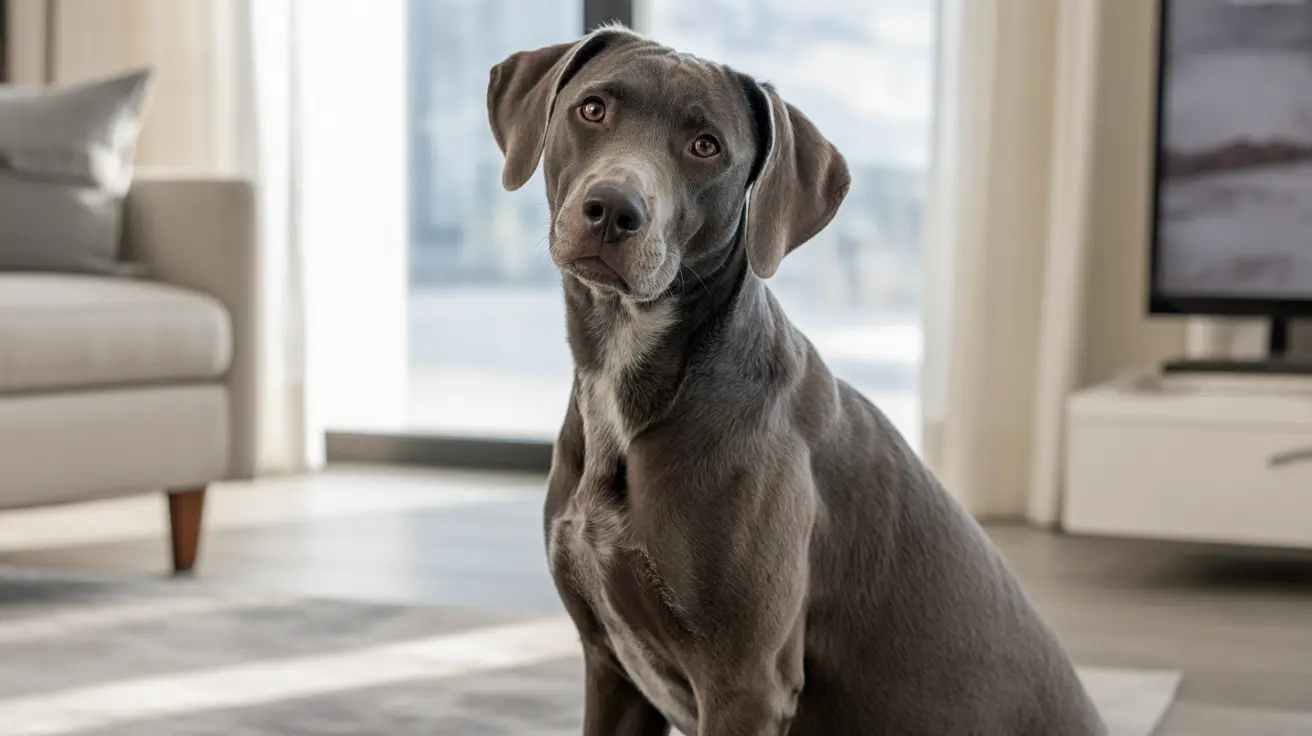What Is the Healthiest Purebred Dog?
When it comes to choosing a purebred dog, health is a top concern for many prospective owners. While all dogs are prone to certain health issues, some breeds are genetically predisposed to be healthier than others. Understanding which breeds typically enjoy better health can save you heartache, time, and money down the road.
The Border Collie: A Leading Contender
Many experts and veterinarians agree that the Border Collie ranks among the healthiest purebred dogs. Known for their intelligence and agility, these dogs are not only sharp but also physically resilient.
- Longevity: Border Collies often live between 12 to 15 years.
- Low genetic health issues: They experience fewer inherited conditions compared to other breeds.
- Active lifestyle: Their high energy levels promote excellent cardiovascular and muscular health.
However, it’s important to note that due to their intelligence and exercise needs, Border Collies require mental stimulation and physical activity to stay healthy and happy.
Other Healthy Purebred Breeds
While Border Collies often stand out, several other breeds are also generally healthy. Here are a few noteworthy mentions:
- Australian Cattle Dog: Known for their robust build and hardworking nature, they also enjoy long lifespans of up to 16 years.
- Basenji: A small, independent dog that doesn’t bark, Basenjis are known for their minimal health problems.
- Belgian Malinois: Popular with police and military units, they are strong, trainable, and healthy when properly cared for.
- Poodle (Standard): Highly intelligent and hypoallergenic, Standard Poodles are known for their general good health.
What Makes a Dog Breed “Healthy”?
A healthy breed typically has the following characteristics:
- Low incidence of genetic disorders: Fewer hereditary diseases make a breed healthier over time.
- Longevity: A longer lifespan is a key indicator of overall health.
- Resilience to environmental and dietary changes: A strong immune system means fewer vet visits.
- Balanced temperament and behavior: Mental health is just as important as physical health.
Considerations Beyond Breed
Even within a healthy breed, individual dogs can vary greatly. Several factors influence a dog’s health:
- Breeding practices: Ethical breeding avoids inbreeding and focuses on health over pedigree appearance.
- Diet and exercise: Proper nutrition and activity levels are crucial regardless of breed.
- Regular vet care: Preventive health checks help catch issues early.
- Mental stimulation: Intelligent dogs like Border Collies need mental challenges to prevent depression or anxiety.
Why Mixed Breeds Are Often Healthier
While this article focuses on purebred dogs, it’s worth noting that mixed breeds often benefit from greater genetic diversity. This phenomenon, known as hybrid vigor, can result in fewer inherited diseases and improved overall health. However, for those set on a purebred, careful selection and ethical breeders make all the difference.
Tips for Choosing a Healthy Purebred Dog
- Research breed-specific health issues: Every breed has potential dangers; know them in advance.
- Ask breeders for health screenings: Reputable breeders will offer documentation proving healthy genetic lines.
- Visit the facility: A clean, happy environment speaks volumes about the breeder’s practices.
- Meet the parents: Observing the parent dogs can give insight into the puppy’s future behavior and health.
- Consult your veterinarian: Your vet can help you assess whether a breed fits your lifestyle and health expectations.
Conclusion: Pick Smart, Live Long
The healthiest purebred dog breed often cited is the Border Collie due to its minimal health issues, mental agility, and physical robustness. That being said, individual health outcomes will always be influenced by lifestyle, care, and genetic history. Whether you're seeking a Border Collie or another breed, prioritize responsible breeding and proactive care to ensure a long, fulfilling life for your canine companion.





